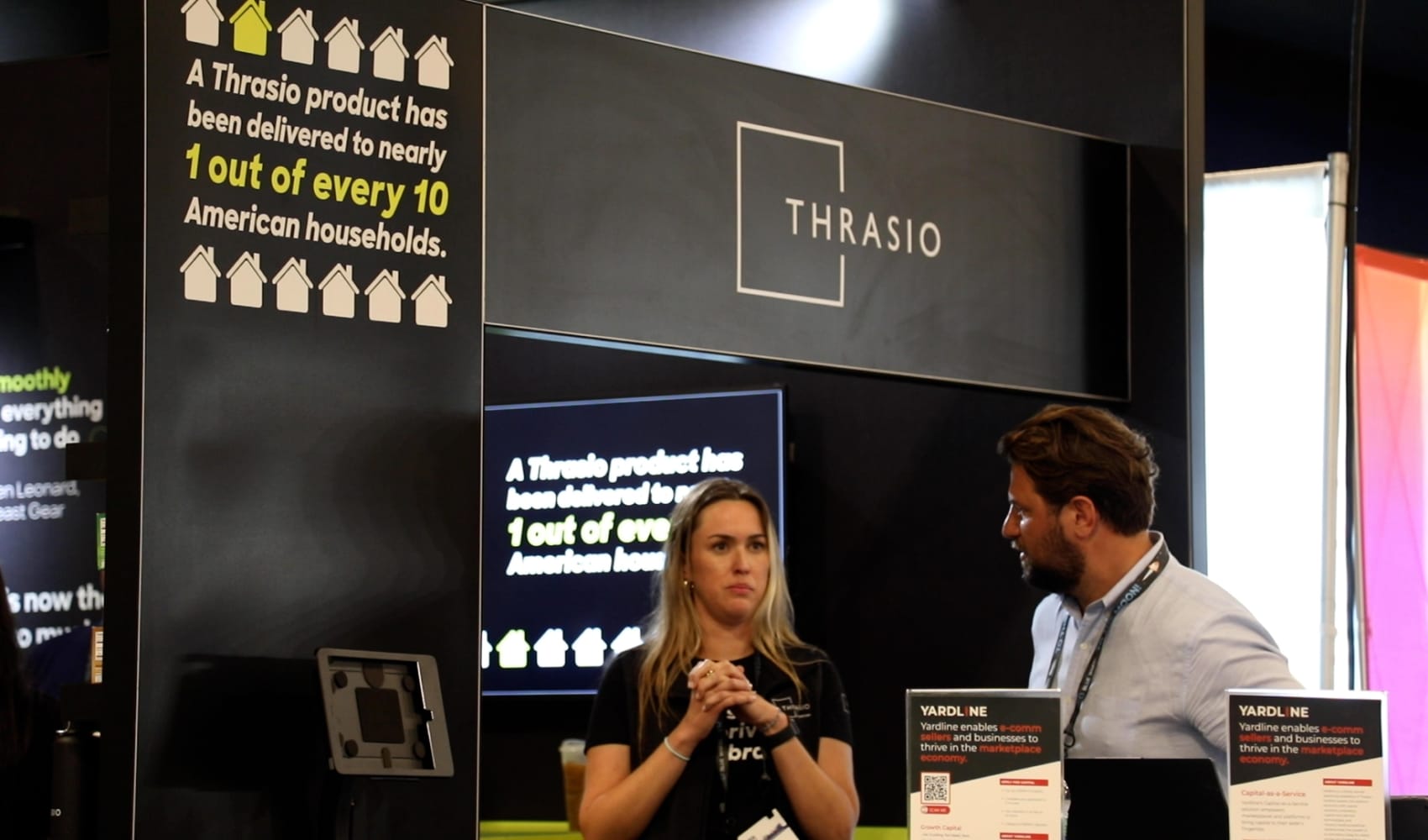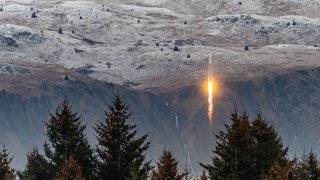
- San Francisco-area startup Astra became the latest U.S. rocket builder to reach space on Tuesday, with the successful launch of its Rocket 3.2 vehicle from Kodiak, Alaska.
- Astra shared images captured by the rocket at the edge of space.
- The rocket came just shy of reaching orbit, with Astra CEO Chris Kemp telling reporters after the launch that the vehicle reached the target altitude of 390 kilometers but was "just a half a kilometer per second short" of the target orbital velocity.
- "This far exceeded our team's expectations," Kemp said.
San Francisco-area startup Astra became the latest U.S. rocket builder to reach space on Tuesday, with the successful launch of its Rocket 3.2 vehicle from Kodiak, Alaska.
The rocket came just shy of reaching orbit, with Astra CEO Chris Kemp telling reporters after the launch that the vehicle reached the target altitude of 390 kilometers but was "just a half a kilometer per second short" of the target orbital velocity.
"This far exceeded our team's expectations," Kemp said.
Astra shared images captured by the rocket at the edge of space. The rocket did not carry any satellites or other payloads, as the launch was a demonstration mission.
Astra was incorporated just over four years ago in October 2016. Headquartered in Alameda, California, Astra has raised about $100 million to date, from investors including Advance (the investment arm of the family of the late billionaire S.I. Newhouse), ACME Capital, Airbus Ventures, Canaan Partners and Salesforce founder Marc Benioff.
The company's rocket stands about 40 feet tall, putting it in the category of small launch vehicles. These small rockets have become more popular due to an increase in the number of small satellites and spacecraft, often the size of a mailbox or washing machine, looking for rides to orbit. Astra's rocket is advertised as capable of carrying up to 100 kilograms to low Earth orbit.
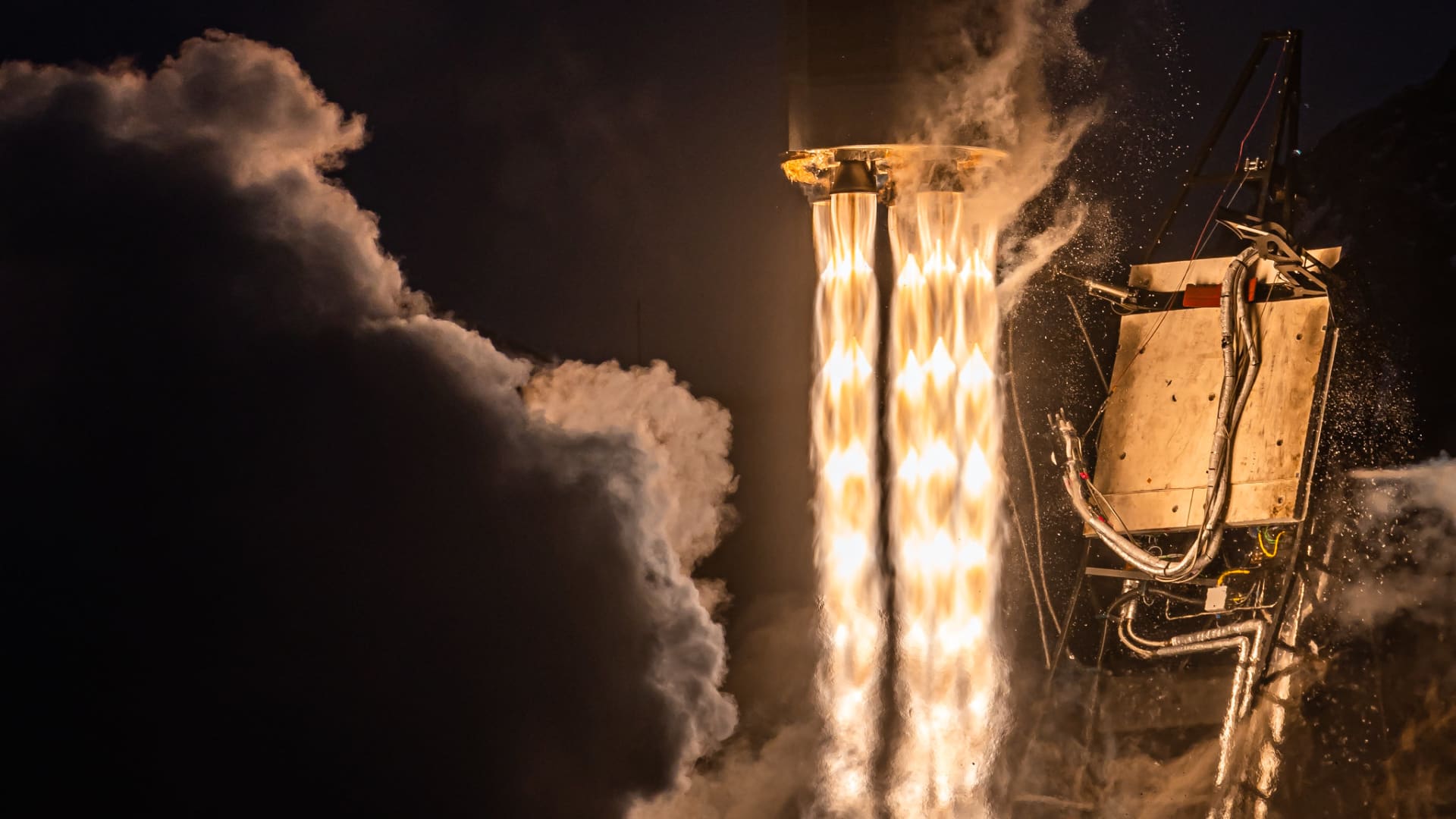
Currently the small rocket business is dominated by Rocket Lab, which has launched 16 missions to orbit successfully with its 60 foot tall Electron rocket, capable of carrying as much as 300 kilograms to low Earth orbit. Elon Musk's SpaceX also often includes small satellites as "rideshares" on its much larger Falcon 9 rocket, which stands at 230 feet tall and can carry up to 22,800 kilograms to low Earth orbit.
Alongside SpaceX and Rocket Lab, Astra represents the third U.S. company begun since the turn of the century to privately develop a satellite launch system and successfully reach space.
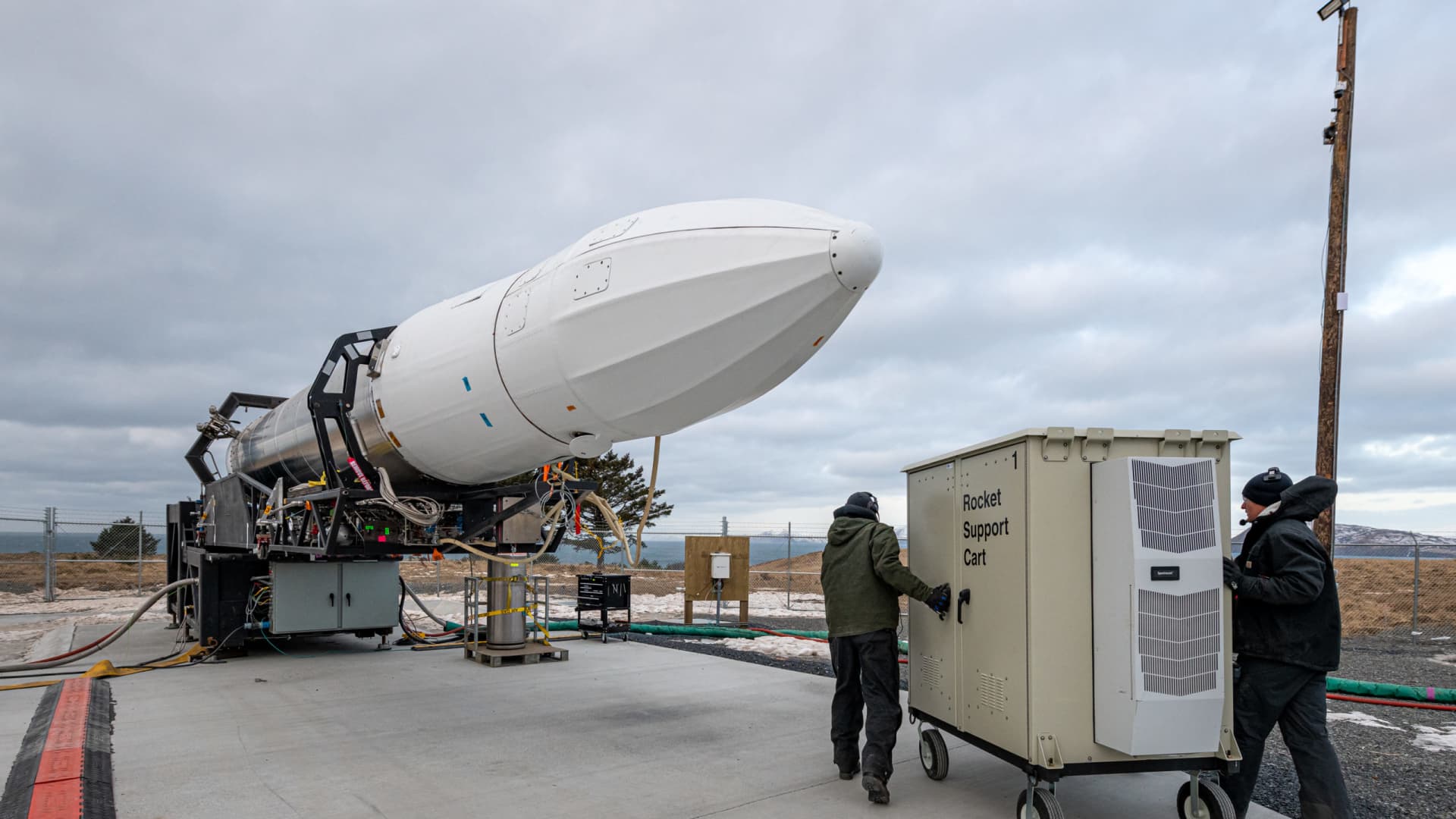
As its name suggests, Rocket 3.2 is the latest iteration in Astra's work to develop its vehicle. Rocket 3.0 was destroyed on the launchpad in March due to a valve issue as the company was preparing it for liftoff.
Money Report
Rocket 3.1 launched successfully on Sept. 11 but failed to make it out of the atmosphere, with the rocket's engines firing for about 30 seconds before an issue with its guidance system caused the engines to shut down and the rocket fell back to Earth. Astra CEO Chris Kemp said after Rocket 3.1 launch that he expected it to be the first of three flights before the company reached orbit.
Astra uses a very small team of employees onsite to launch its rockets, sending about half a dozen people to Alaska to setup the launch.
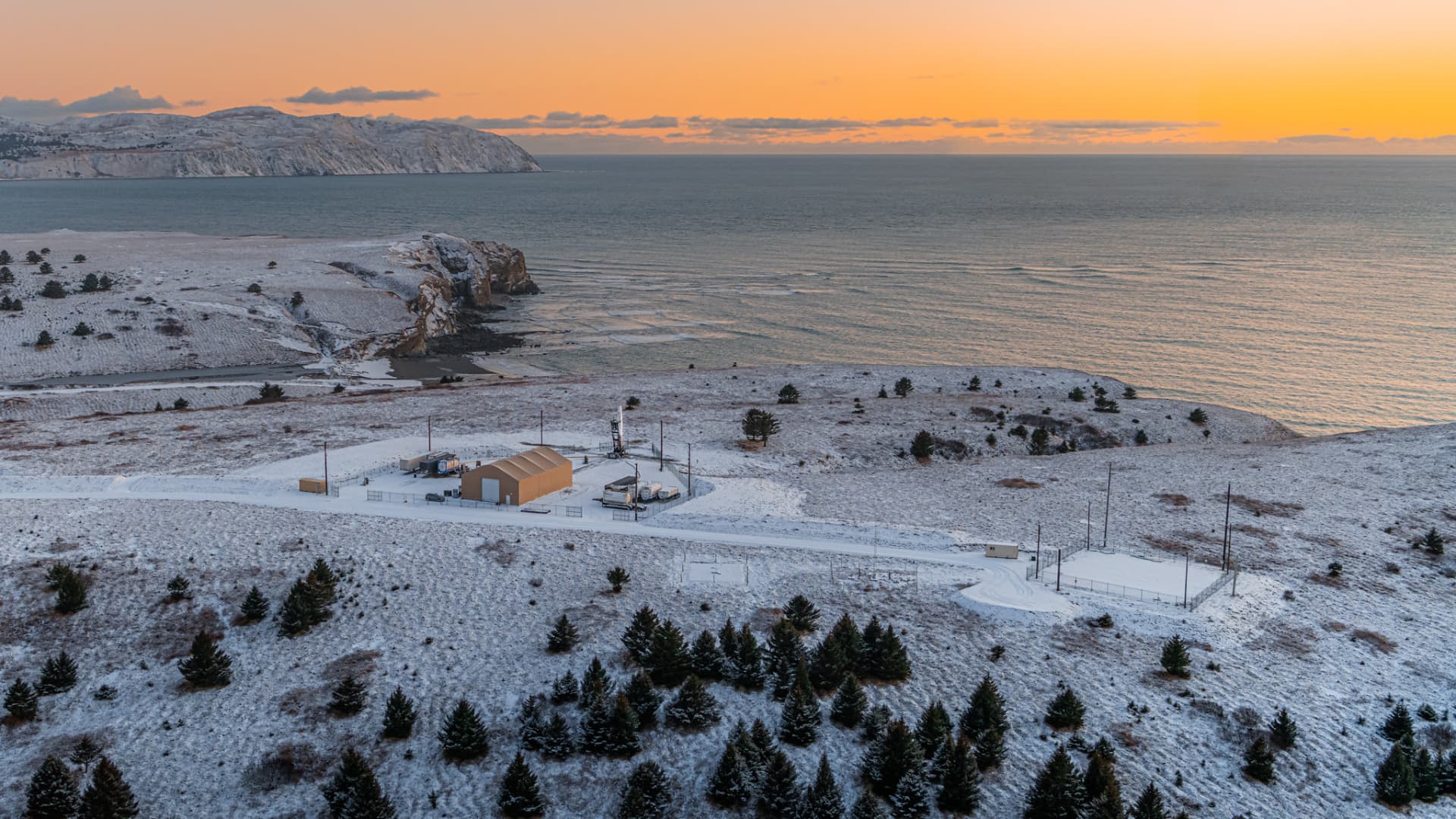
The company has customer contracts for a few dozen launches once it begins commercial service. A single customer can buy a dedicated Astra launch for about $2.5 million. That makes its rockets competitive against other companies offering small rocket rides to space, as Rocket Lab's Electron goes for about $7 million.
Kemp said that Astra will fly payloads on the upcoming Rocket 3.3 launch, which the company expects to happen early next year.
Subscribe to CNBC PRO for exclusive insights and analysis, and live business day programming from around the world.


